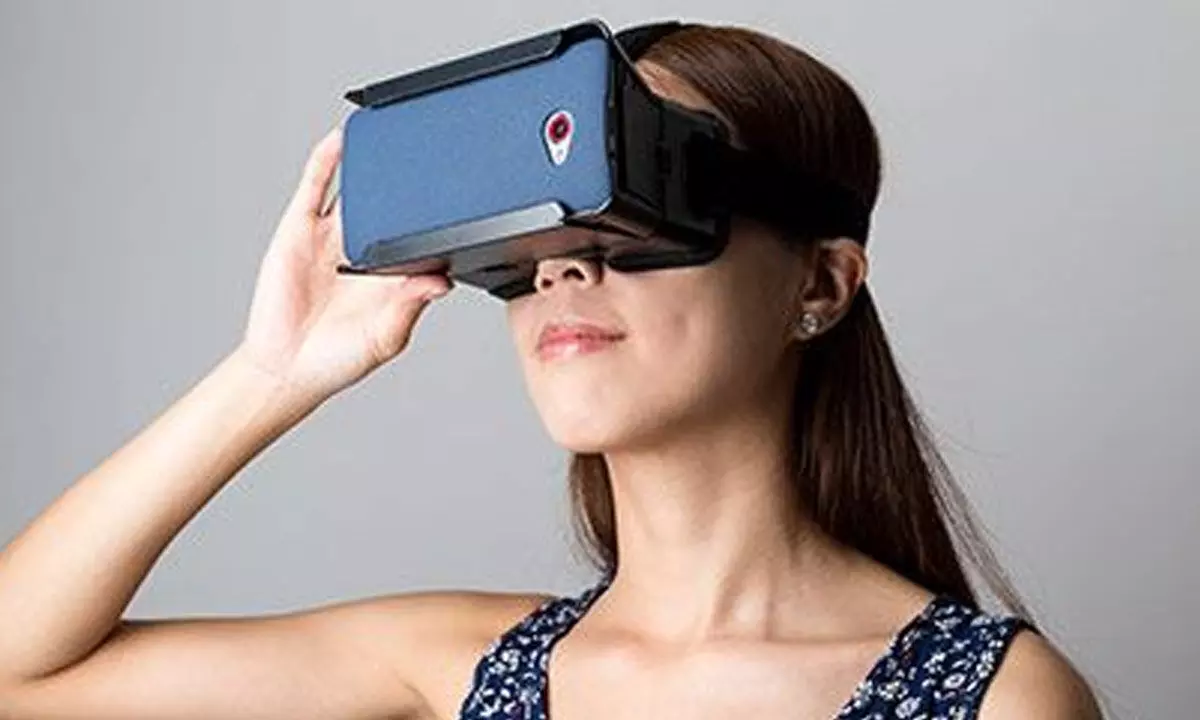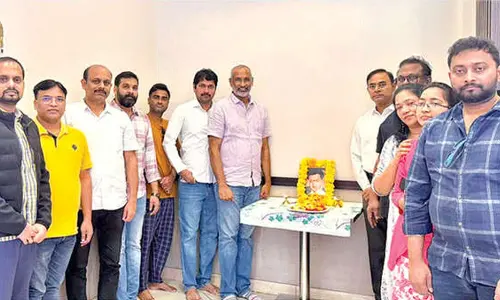AI to help predict cybersickness in VR users

AI to help predict cybersickness in VR users
Artificial Intelligence (AI) could be used to help combat nausea, headaches and dizziness among virtual reality (VR) users and make the technology more accessible, according to a new study.
New Delhi: Artificial Intelligence (AI) could be used to help combat nausea, headaches and dizziness among virtual reality (VR) users and make the technology more accessible, according to a new study.
With the growing use and need of VR technology, being able to effectively predict and prevent cybersickness was crucial, said researchers from Charles Darwin University (CDU) and Torrens University in Australia.
They explored using AI techniques and machine learning algorithms to predict cybersickness for potential users of VR technology with headsets.
Questionnaire data was split into two groups: people who will experience cybersickness symptoms within minutes of using VR devices, and people who wouldn’t have issues with using VR devices.
The results, published in the journal Virtual Reality, revealed that AI could predict discomfort among VR users with 93 per cent accuracy.
“Most of the people feel discomfort after having a VR experience and having the ability to predict the occurrence of cybersickness for an individual, helps the VR developers and manufacturers to come up with solutions and take preemptive actions to create a better experience for the VR users and address the issues causing it,” said Niusha Shafiabady, Associate Professor, Faculty of Science and Technology at CDU.
“In the era of technology and especially after the Covid-19 pandemic, the need for remote access and virtual education has grown significantly. Cybersickness is one of the factors that hinders the users from using VR devices because of the great discomfort due to the VR experience,” she added.















